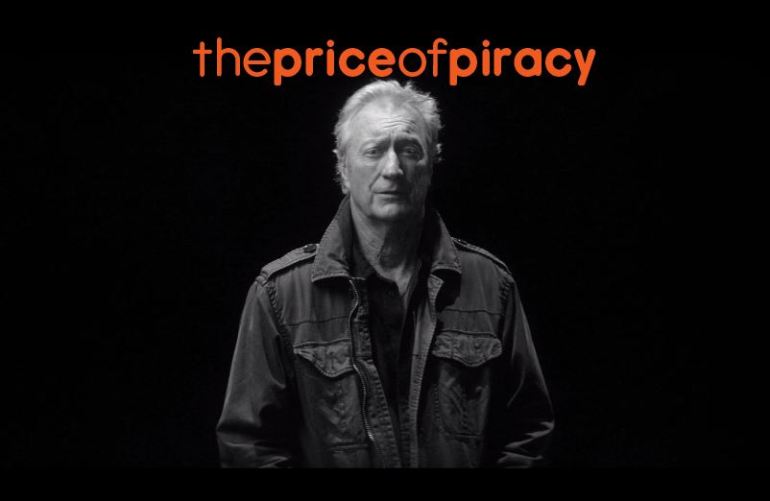The screen industry body charged with quelling piracy, Creative Content Australia (CCA), has launched its biggest ever consumer campaign off the back of last week’s Federal Court ruling against infringing websites.
Last week, the Federal Court of Australia ordered Australian ISPs, including Telstra and Optus, to block access to 42 websites located outside Australia that are hosting unauthorised copies of movies and TV shows.
A swag of film studios and distributors, led by Village Roadshow (The Lego Batman Movie, Red Dog: True Blue), sued the ISPs in March after an amendment to the Copyright Act in 2015 that allowed copyright owners to force ISPs to block piracy websites.
On Friday, the Federal Court ruled in favour of Roadshow Films & Others, enforcing the ISPs to block 42 websites found to be primarily engaged in facilitating access to copyright-infringing content. In a separate case lodged by Foxtel, orders were made to block a further 17 infringing websites.
The internet service providers have 15 business days to block access to sites such as 123Movies, WatchFree, WatchSeries and MegaShare, as well as mirrored sites, and the ban holds for three years.
The ISPs had already been enforced to block access to the high-profile site, The Pirate Bay. Creative Content Australia said since the first site-blocking orders were made in December 2016, the Federal Court has ordered 65 piracy sites to be blocked and more than 340 domains.
CCA said in a statement the decision court decision “validates the creative industry’s contention that pirate sites infringe copyright and negatively impact copyright holders’ ability to recoup their investment in film and television content.”
Roadshow Films’ Graham Burke, Chairman of Creative Content Australia, said: “Site-blocking has been very effectively implemented around the world and proven to reduce the theft of screen content as well as increase the use of legal sites. The thieves who run pirate sites contribute nothing to Australia – they employ no-one and pay no taxes here. Of the enormous profits they earn, not one cent goes back to the original creators of the content.”
He has also said Roadshow is preparing to pursue individual infringers for damages in the order of $40 for each movie or series they download.
The CCA’s new industry campaign, ‘The Price of Piracy’, pivots from its stance in previous campaigns that piracy of copyrighted screen material is either theft or deprives professionals in the industry of their livelihood. The new campaign aims to alerts consumer to the increased online risks posed by streaming or downloading pirated content from the remaining sites, using recent Ransomware incidents as a frightener.
CCA contends links on infringing sites have become the number one method of propagating malware on the internet, with one in three sites exposing users to malicious software that can steal personal information like addresses, bank details, credit cards and passwords, and facilitate identity theft.
The CCA says the campaign, led by actor and producer Bryan Brown, is “unprecedented in its scale, coverage and industry support, involving the production, distribution, exhibition, television and online sectors.”
Two TVCs will screen in cinemas and across free-to-air and subscription television and on selected websites. Creative Content Australia’s Executive Director Lori Flekser said: “We are proud to bring this new campaign to Australians. Consumers, often unwittingly, bear significant costs of illegal streaming – not only will they suffer from diminishing investment in the content they love to consume but pirate sites are amongst the most hazardous places on the internet.”
The campaign has also attracted statements of support from across the sector, including actors (Marta Dusseldorp, John Jarratt), industry guilds and associations (including Screen Producers Association, the MEAA, ADG, AWG, Australian Home Entertainment Distributors Association), broadcasters (Foxtel), distributors (StudioCanal Australia) and producers (Lion’s Emile Sherman, Goalpost Pictures’ Ben Grant).



